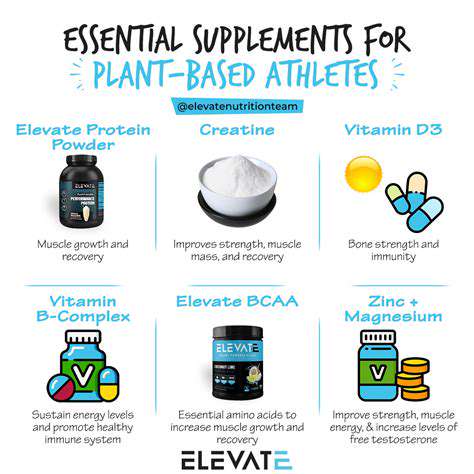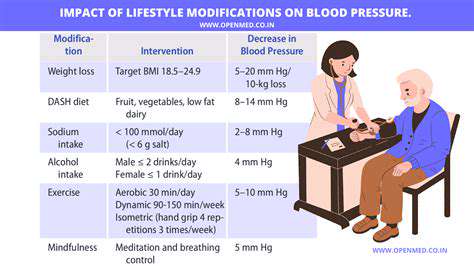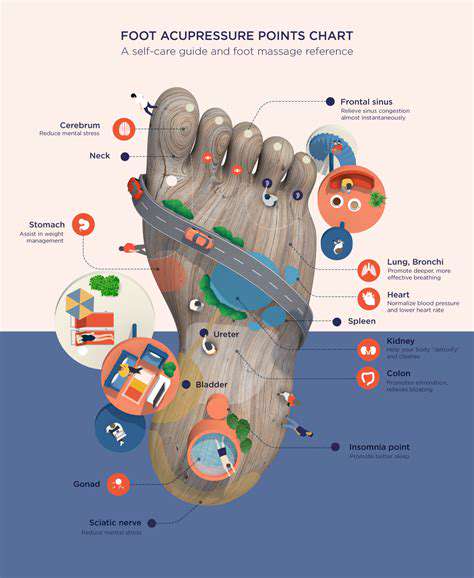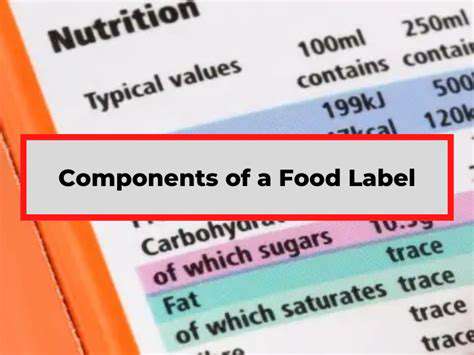Building a Balanced Lunch: Fueling Your Afternoon
Protein Powerhouses
Protein plays a vital role in keeping you full and aiding muscle recovery, both of which are critical for maintaining steady energy all afternoon. Opt for lean proteins such as grilled chicken, salmon, tuna, beans, lentils, or tofu to avoid energy dips later in the day. These foods aren’t just protein-rich—they also deliver a range of nutrients that round out a well-balanced meal.
For an extra protein kick, try adding Greek yogurt or a small handful of nuts. These options help sustain energy and support overall health, making it easier to power through your afternoon tasks. Prioritizing protein at lunch is a simple way to stay alert and avoid that post-meal slump.
Complex Carbohydrates for Sustained Energy
Unlike simple sugars, complex carbs release energy slowly, keeping you fueled for hours. Whole grains like brown rice, quinoa, and whole-wheat bread are excellent choices because they’re rich in fiber, which aids digestion and prolongs energy. Pair a slice of whole-wheat toast with avocado or enjoy a bowl of lentil soup for a satisfying, energy-sustaining meal.
Skip refined grains like white bread or pasta—they cause quick energy spikes followed by crashes. Choosing complex carbs ensures steady energy, helping you stay sharp and productive all afternoon.
Healthy Fats for Brain Function
Your brain thrives on healthy fats, which are essential for focus and cognitive performance. Avocados, nuts, seeds, and olive oil are great additions to your lunch. These foods provide essential fatty acids that support brain health and help you concentrate.
Vitamins and Minerals for Optimal Function
Colorful fruits and vegetables are packed with vitamins and minerals that keep your body running smoothly. A vibrant salad with leafy greens, assorted veggies, and a light dressing is a perfect choice. Adding berries or an apple brings natural sweetness and an extra nutrient boost.
These micronutrients are key for everything from digestion to mental clarity, ensuring you operate at your best throughout the afternoon.
Hydration is Key
Don’t forget to drink enough water—it’s often overlooked but critical for performance. Water regulates body temperature, transports nutrients, and flushes out waste. Even mild dehydration can cause fatigue and dull your focus. Keep a water bottle handy and sip regularly to stay hydrated.
Drinking water with your meal enhances digestion and nutrient absorption, maximizing the benefits of your lunch and keeping you energized for the rest of the day.
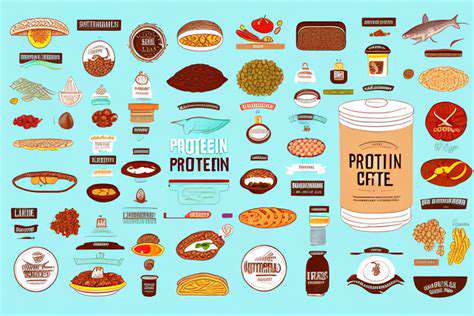
Healthy Fats for Brainpower and Satiety:
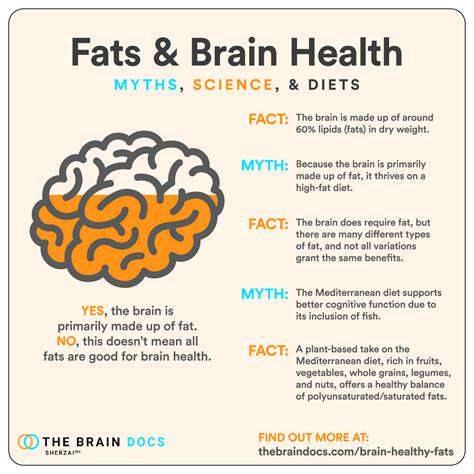
Healthy Fats and Cognitive Function
Your brain needs healthy fats to function at its best. These fats are building blocks for brain cells and help neurons communicate effectively. They also support neurotransmitter production, which influences learning, memory, and mood. A diet rich in healthy fats can sharpen your mind and improve overall well-being.
Not all fats are equal—focus on unsaturated fats, especially omega-3s, which your body can’t produce on its own. Omega-3s are linked to better brain health and may lower the risk of cognitive decline. Fatty fish, flaxseeds, and walnuts are top sources.
Sources of Healthy Fats
Fatty fish like salmon, tuna, and mackerel deliver omega-3s and other brain-boosting nutrients. Nuts and seeds (almonds, walnuts, chia seeds) offer healthy fats along with vitamins and antioxidants. Avocados provide monounsaturated fats that keep you full and stabilize blood sugar.
Olive oil is another standout, packed with monounsaturated fats that benefit both heart and brain health. Including these foods in your diet can enhance mental performance.
Benefits Beyond Brainpower
Healthy fats do more than support cognition—they help regulate hormones, which affect mood and energy. They also promote heart health by reducing inflammation and improving cholesterol levels. This is especially important because heart health directly impacts brain function.
Additionally, healthy fats contribute to glowing skin, strong hair, and healthy nails. Making these fats a regular part of your diet can improve your overall well-being, from mental clarity to physical vitality.
